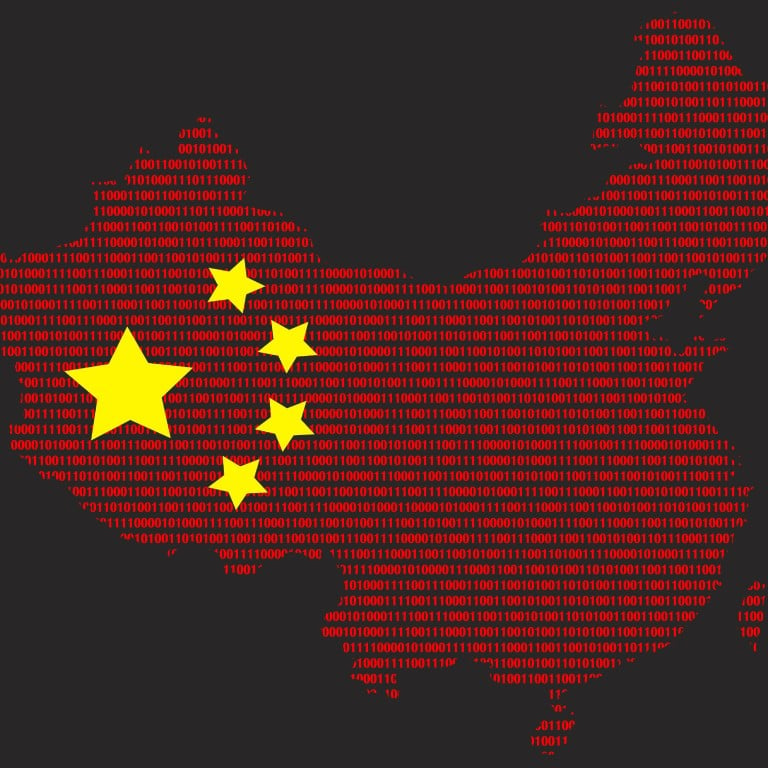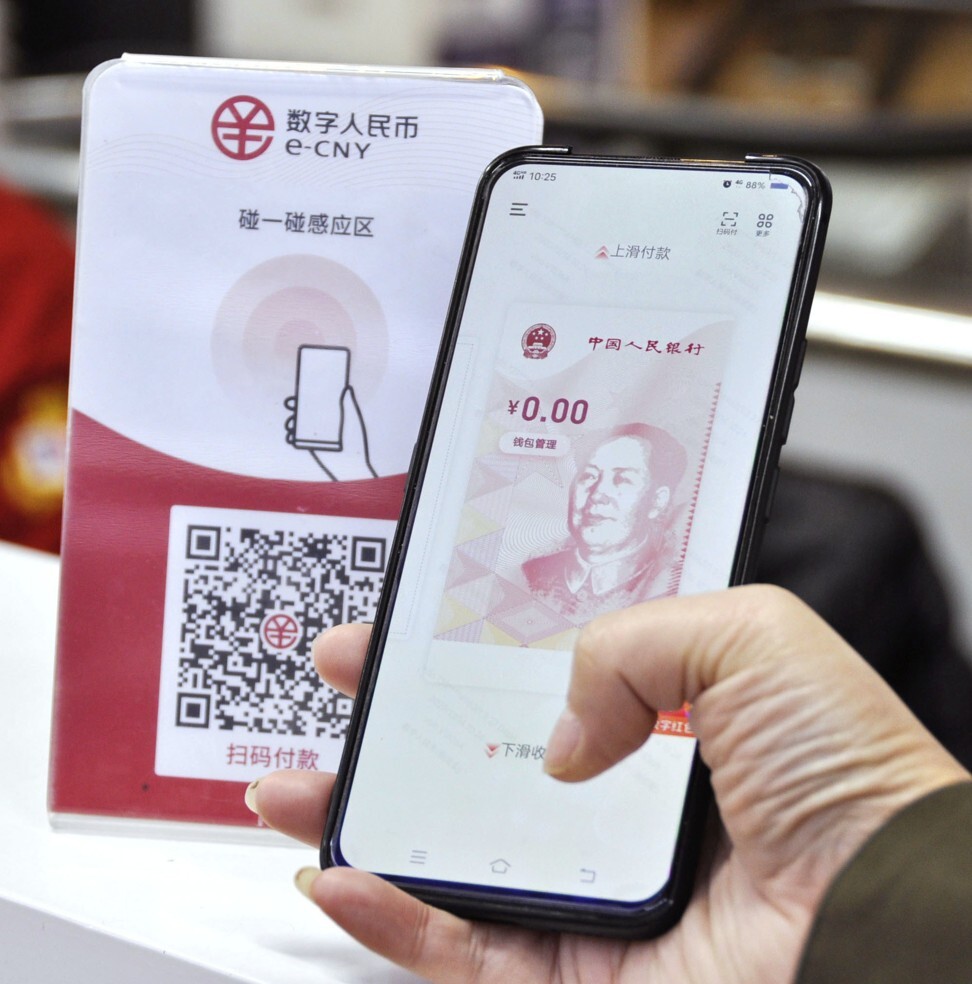
China plans to accelerate blockchain development and adoption in push to become a world leader in the technology by 2025
- In a new document, China’s internet governance agencies highlighted the country’s effort to establish an ‘advanced blockchain industrial system’
- Despite cracking down on cryptocurrencies like bitcoin, China wants to be a global blockchain leader in other applications such as intellectual property
China’s government is doubling down on its embrace of distributed databases with the establishment of an “advanced blockchain industrial system”, as the country looks to incorporate the technology into its economic and development plans.
“[The] recent guidance confirms policymakers’ long-standing commitment to blockchain technology as a key strategic technology,” said Matthew Graham, CEO of Sino Global Capital.
The document emphasises the necessity of cultivating national champions that can compete globally, as well as the importance of blockchain to the real economy – including supply chain management, product traceability and data sharing – and public services like identity documentation, property registration, and education and health care data management.

Globally, the blockchain industry is dealing with a commercialisation bottleneck as some applications, like traceability and proof of copyright ownership, “are not as profitable as expected”, said Gao Chengshi, a cryptography expert and founding partner of blockchain developer Shanghai Hashvalue Information Technology. But the industry is still “at a very early stage”, he added.
Still, the industry is set to grow faster in China than anywhere else in the world. Market intelligence firm IDC estimates the industry in China is growing 54.6 per cent annually, to reach US$2.5 billion by 2025, above the global average of 48 per cent.
Why China is investing heavily in blockchain
This does not mean progress will come overnight, though.
“Guidance often comes from the top policymakers to ‘accelerate’ technologies on a national level, and it is then left to municipal governments to implement,” said Graham.
“China has started setting standards for blockchain. For example, last year the central bank issued one on distributed ledger security, and the local governments are working on some regional standards,” Gao said. “But we have to say that the work needs to be improved.”
As with Xi’s 2019 endorsement, MIIT and CAS did not mention cryptocurrencies this week.
The document was “strictly related to the technology or ‘token-less’ applications”, said Graham. “While some would see these announcements as ‘bullish’ for cryptocurrencies, support for blockchain technology does not mean support for some applications of the technology like cryptocurrencies.”


